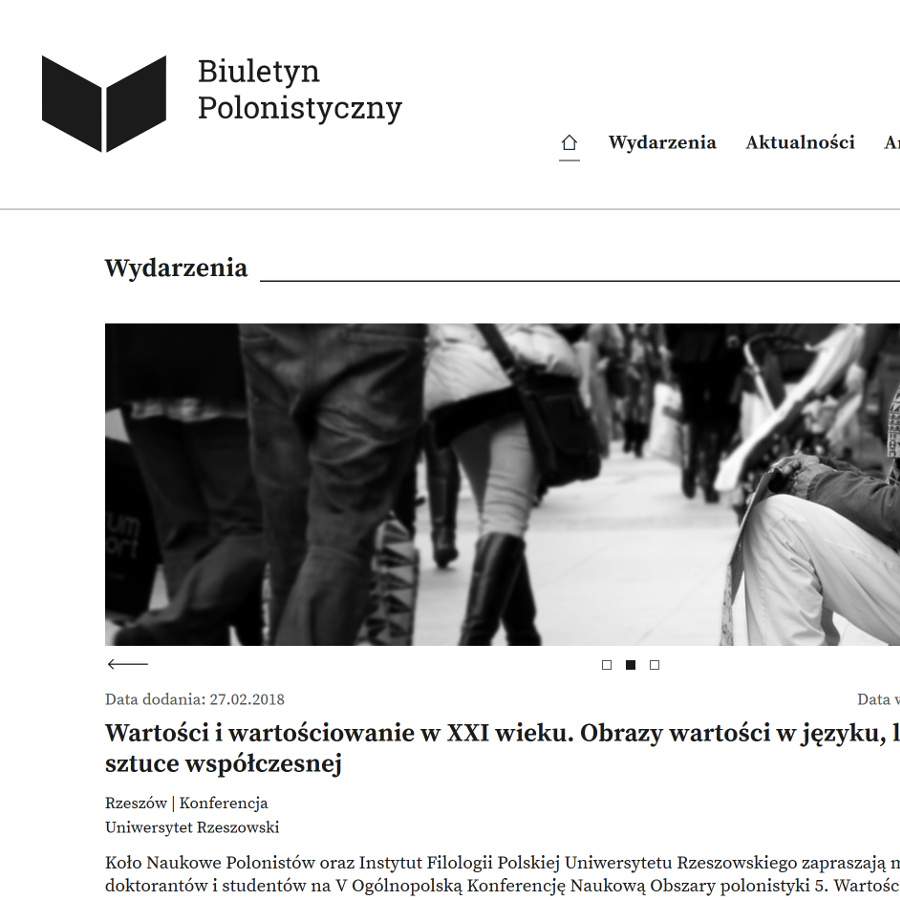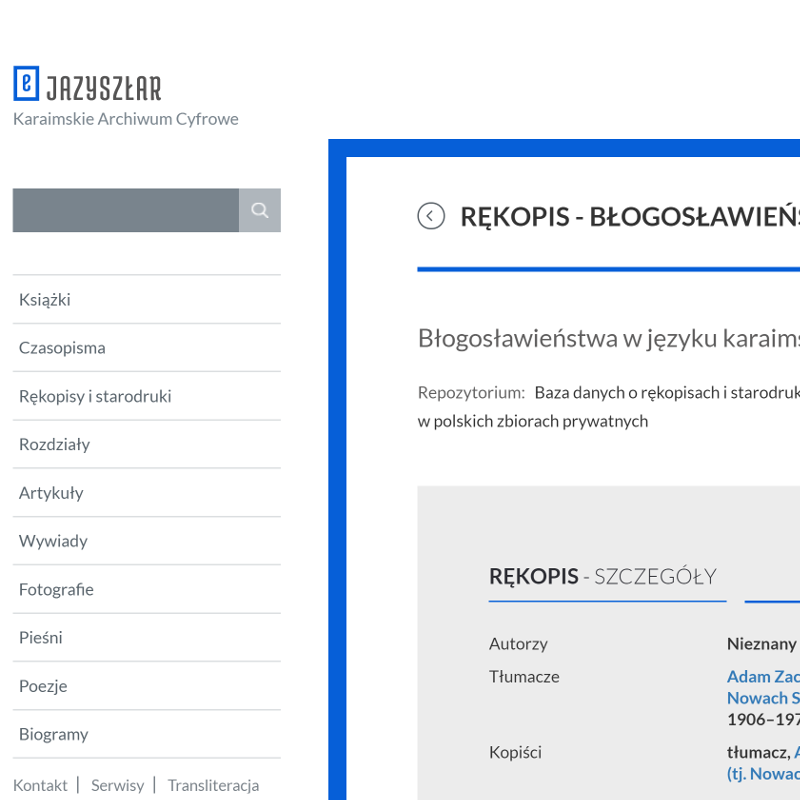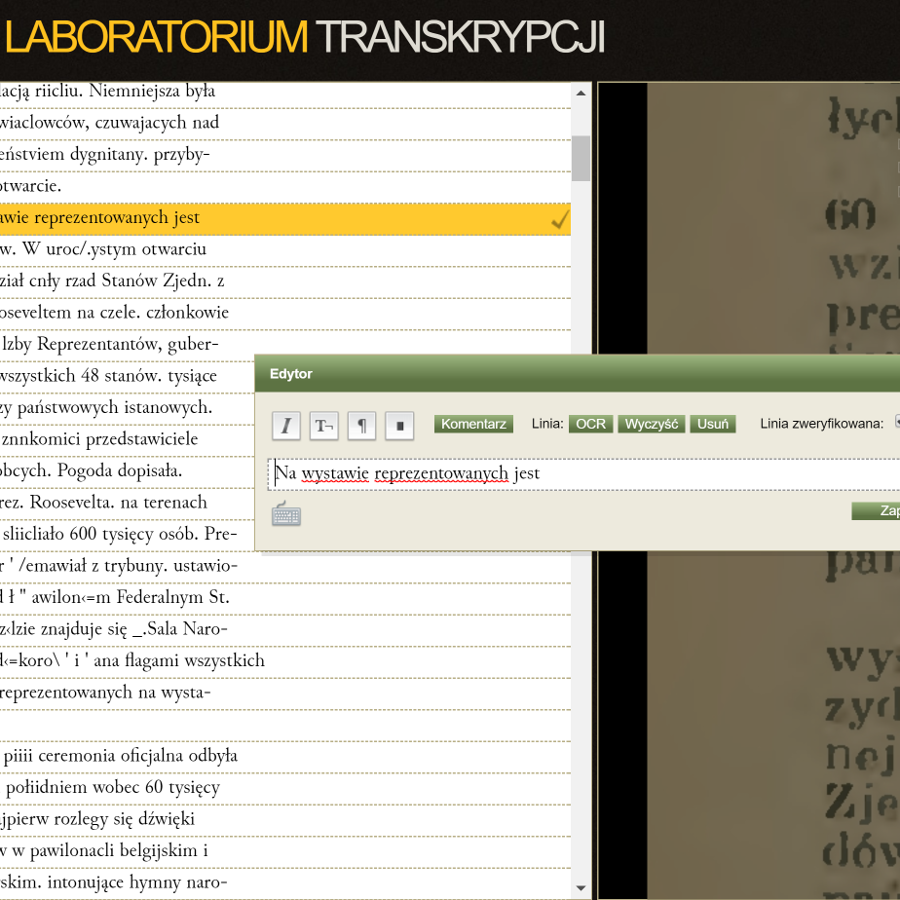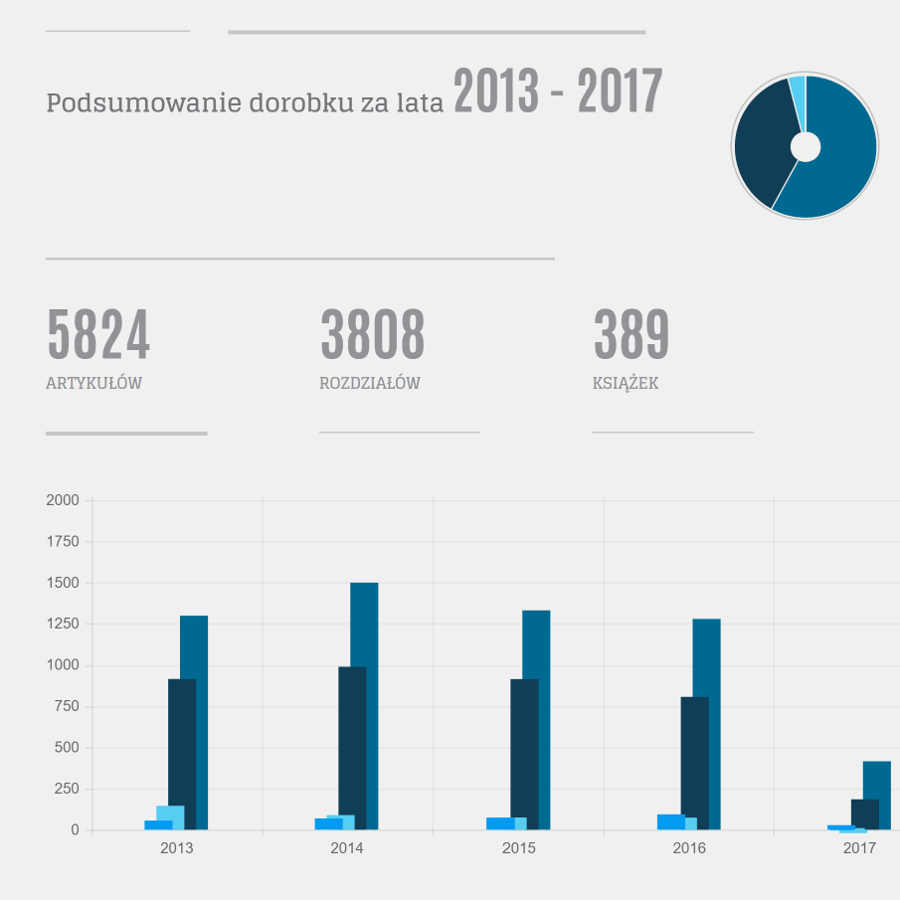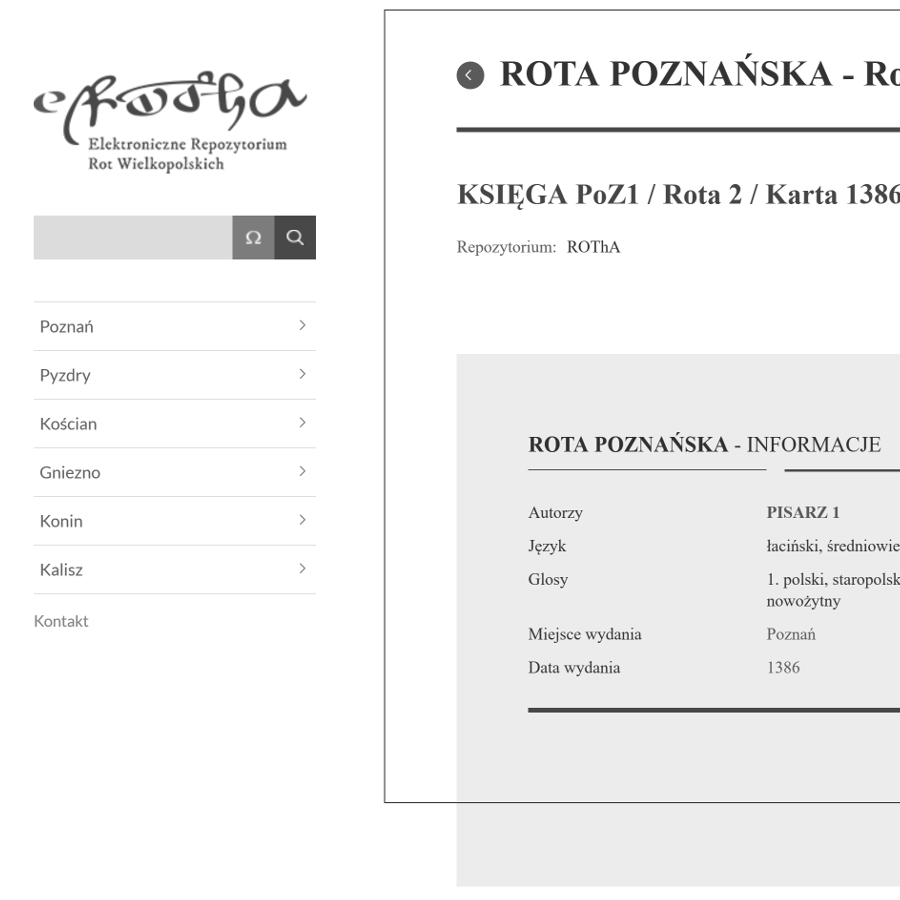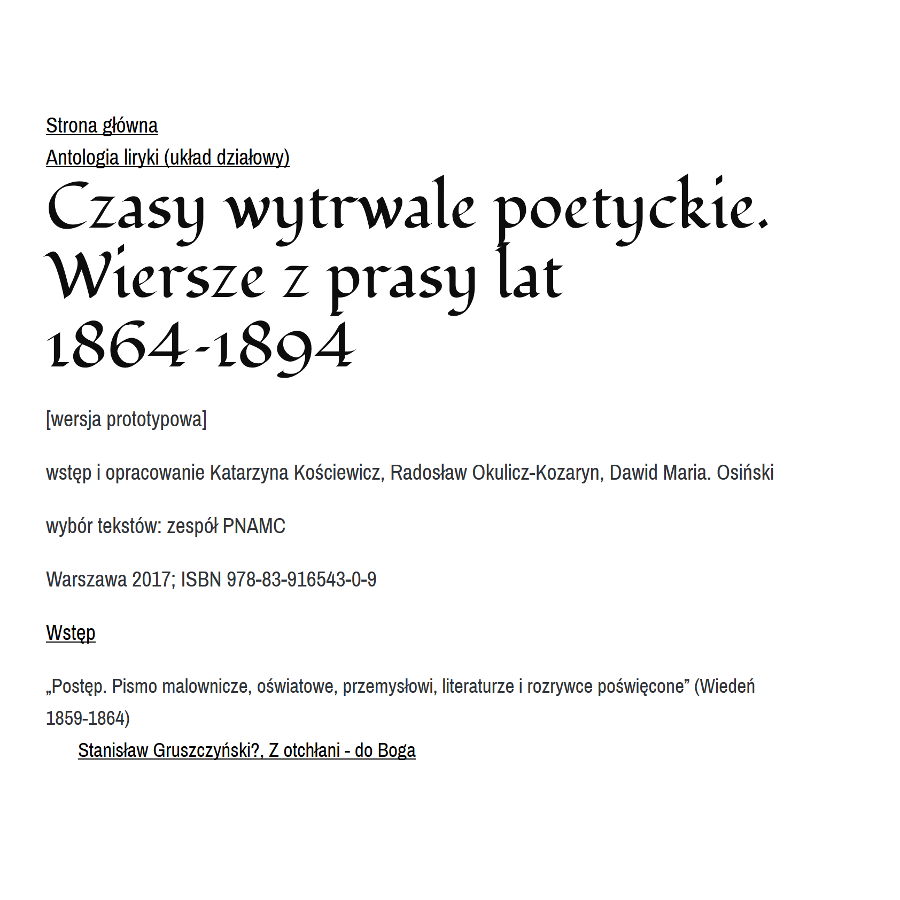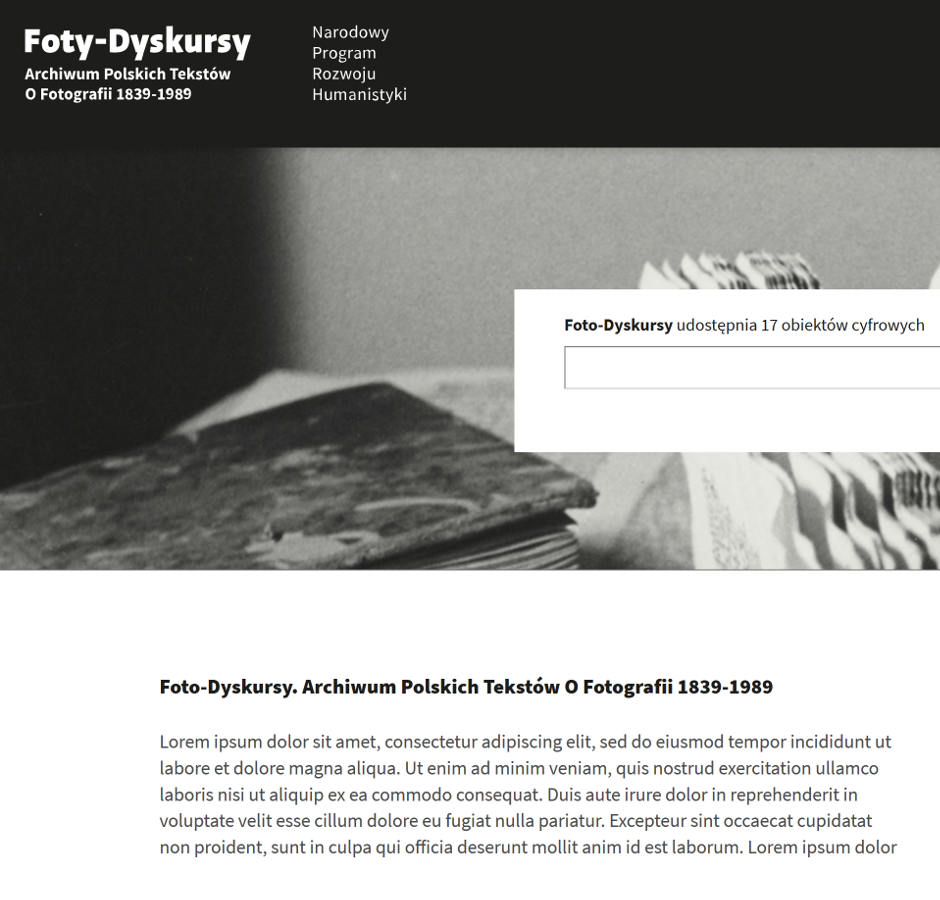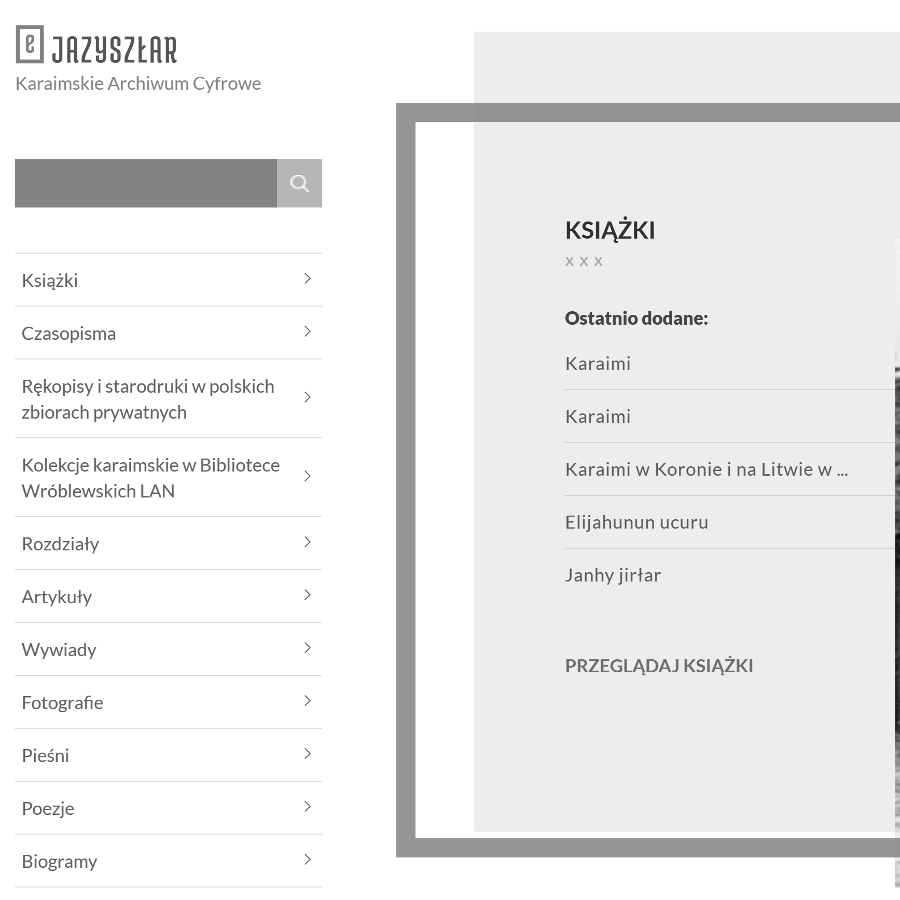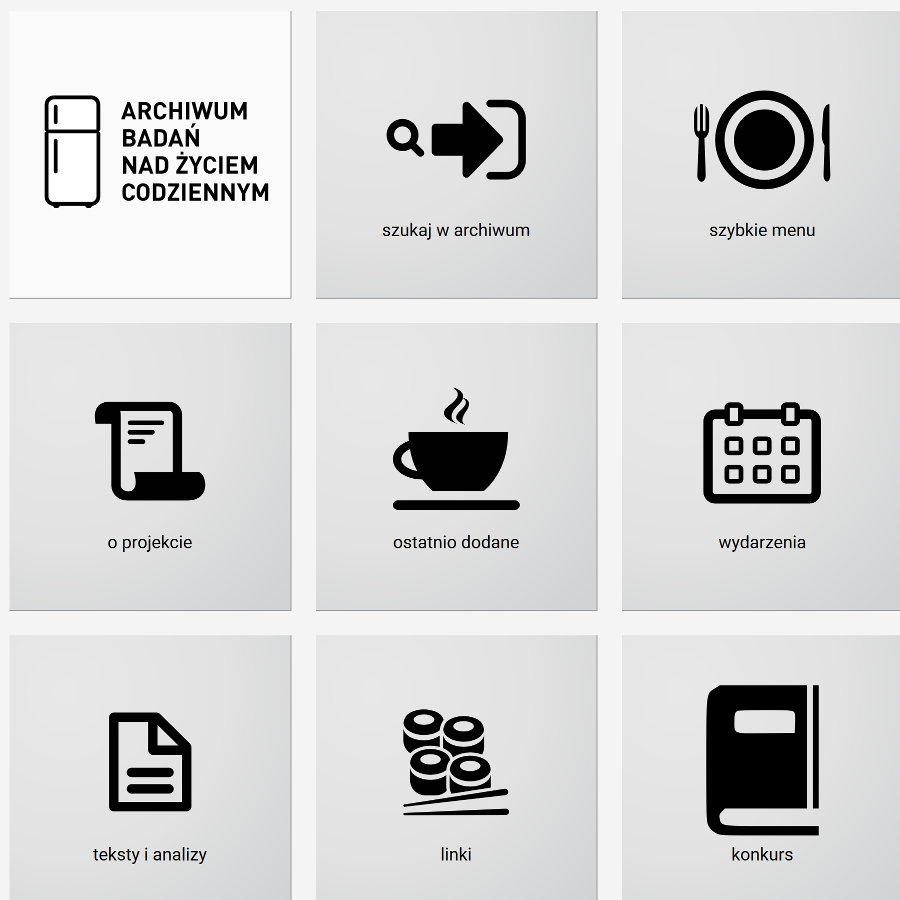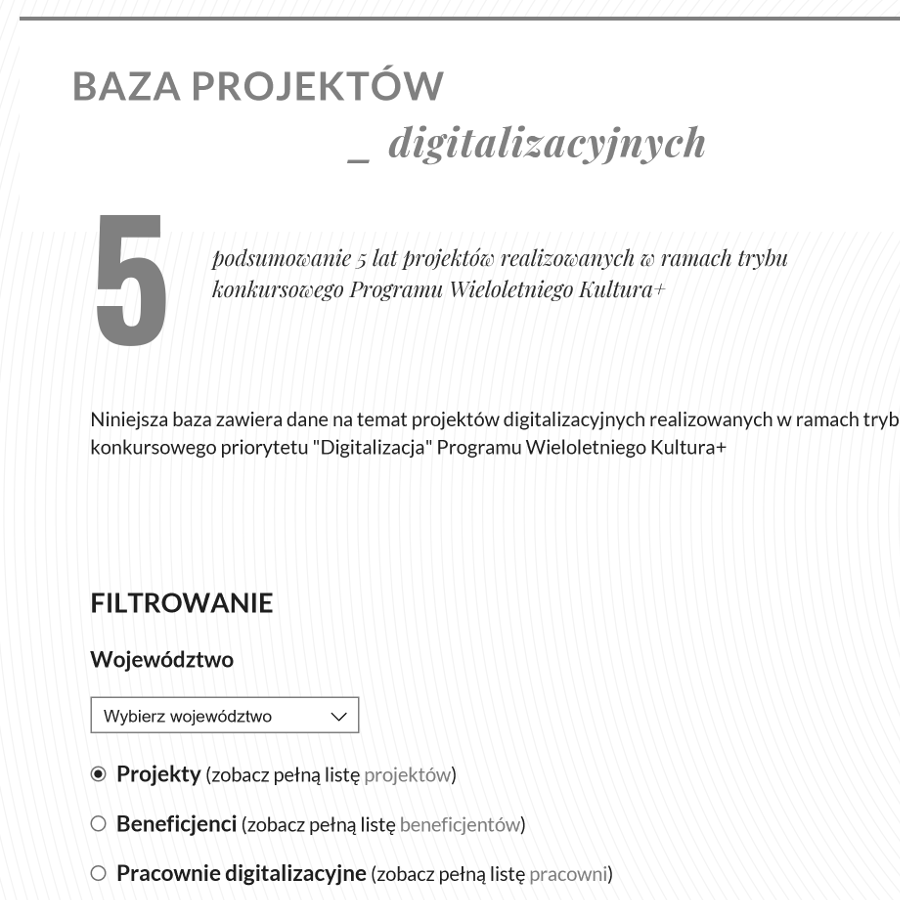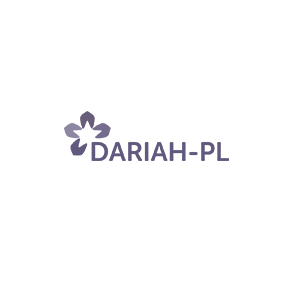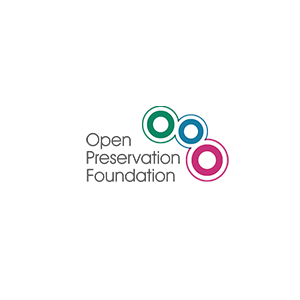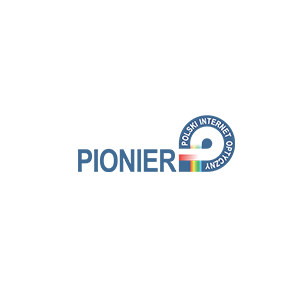Polish Studies Bulletin – an Internet portal containing up-to-date information on the life of the Polish studies community.
The project of the Institute of Literary Research of the Polish Academy of Sciences and the Poznań Supercomputing and Networking Center, carried out in cooperation with the Committee of Literature Sciences of the Polish Academy of Sciences and the Conference of University Polish Studies.
Current scientific events, new publications, a database of Polish periodicals, articles and interviews, as well as research projects, competitions and scholarships for humanists are just some of the information published daily by several dozen Polish studies faculties and scientific institutions.
